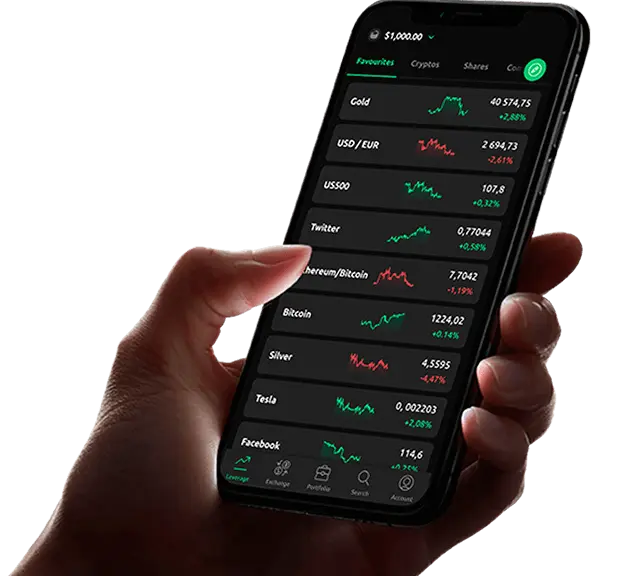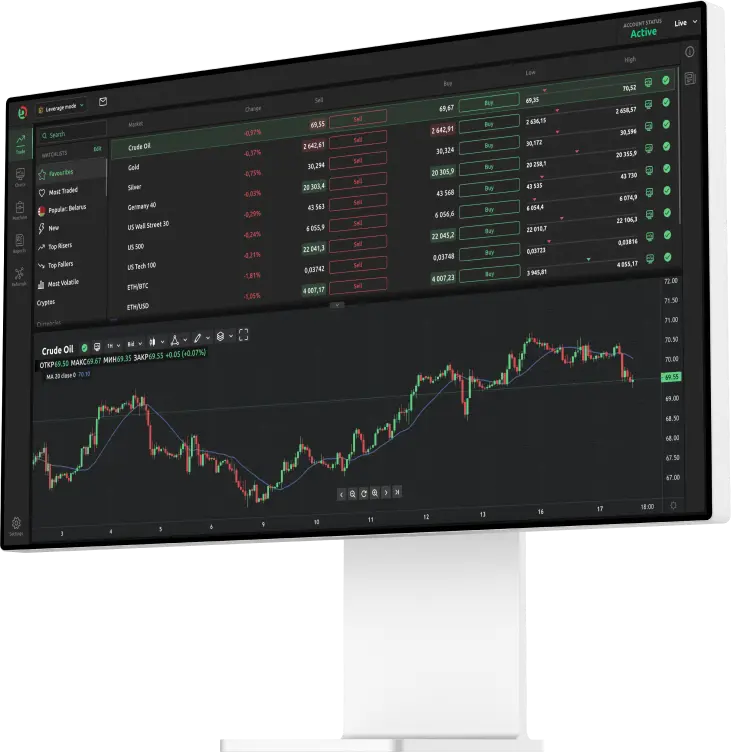Why fade strategy may not be the best choice for beginner investors

What does fading mean?
A fade is an adversarial investment strategy where the trader takes a position contrary to the majority opinion. A fade trader will bet against the predominant trend in a security. For a fade strategy to be successful the trader must identify movements in the market that are based not on concrete information but on over-exuberance by investors. As the majority of trends in the market are at least primarily based on solid evidence, a potential fade can be difficult to identify. For this reason, the strategy is typically employed by seasoned traders and institutional investors.
A fade strategy should not be confused with “fading” definition in the brokerage sector which refers to a situation where a dealer refuses or is unable to fill an order based on the ask price that they proposed and thus fade out of the market.
How fading trading works
Fading trading strategy means that you buy when the market is selling and sell when the market is buying. While the opportunity for large short-term gains is possible with a fade strategy, a successful fade trader will not engage in this strategy blindly. There is a real risk of significant loss if a trend continues but if a fade trader successfully identifies when a security is moving too far from its true value they will capitalise on the inevitable reversal.
A fade strategy is most effective when there is a significant amount of volatility in the market as there will be frequent potentially profitable corrections. A fade trader will typically wait for the release of key statistics or data, whether it be earnings reports, sales projections or interest rate increases. While fading trading strategy is applicable to all securities, for this reason it is particularly applicable to forex markets as there is usually significant currency fluctuations following the release of key economic indicators. Currencies and certain industries can also be disproportionately affected by trade disputes between countries and these opportunities are also frequently exploited by fade traders.
A theoretical example would be the release of better than expected trade data by a country, say country X. Typically, this would cause the currency of country X to increase in price relative to the US dollar and institutional investors will reposition capital on the prospect of a rising X currency. As institutional investors pour money into X currency, algorithmic traders will follow suit. As the price continues to climb, retail or “regular” traders will see this trend and start investing as they identify potential profits. At this point a fade trader will detect that although some of this increase in the value of currency X is based on the release of positive economic data, a portion is based solely on the increase in demand and that the market will invariably correct itself to the true value. While the price is increasing a fade trader will short the X currency and profit on the eventual downward correction.
Another common application of fading trading is the early morning market reaction to the overseas release of data. For example, a company listed on the New York Stock Exchange (NYSE) which primarily does business in Asia may experience a strong surge or decline when the NYSE first opens based on overnight information released in Asia while the NYSE is closed. A fade trader will determine if the increase in price is completely attributable to the information released or if the market is overreacting to this information.
Why a fade strategy matters
A fade strategy is a relevant strategy as some of the movement in any security, whether up or down, is based on human psychology. There will always be “late” money, which is essentially money that is entering or exiting a security due to the price trend and not based completely on information and the possibility that the market will correct itself. The majority of reversal gains are typically realised very quickly in the beginning of a price shift. Due to this phenomenon a fade strategy can be extremely profitable, as by going against the trend the trader stands to capitalise on the majority of the initial turn in the market.
Inevitably a fade trader will make a few wrong decisions and lose money or potential profits elsewhere. It is extremely important to base your decisions on strong technical and fundamental analysis so that you make more right picks than you do wrong. Traders should also strongly weigh the risk-reward value they are getting before taking a position and favour opportunities with potential for greater return.
Fading trading may not be the best choice for beginners and it may be better to research alternative strategies. As with all trading strategies, taking a fade position involves investing capital and as such carries risk. This includes the risk of loss as well as opportunity costs. You should carefully consider your own financial situation and tolerance to risk before taking large fade positions. Using strongly established stop-loss and take-profit points is a means to reducing this risk. Proper research and risk analysis can make a fade strategy extremely profitable and as Einstein said, “those who follow the crowd will go no further”.
FURTHER READING: Trading Bitcoin for beginners
FURTHER READING: What is swing trading?

